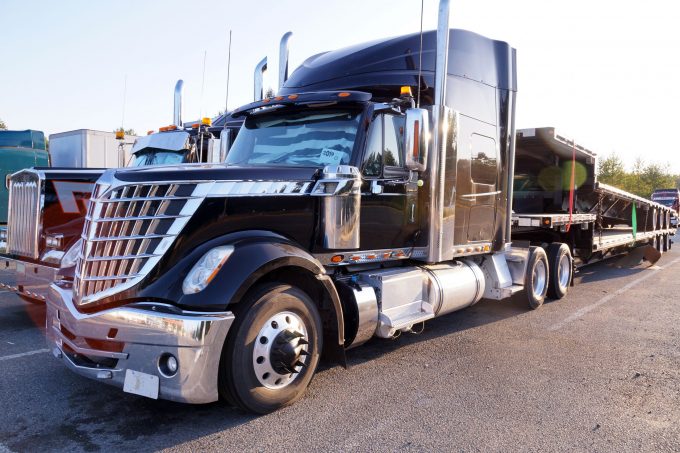US trucking still in low gear, as volume and rate decline continues
US trucking business hit new lows since an outbreak of Covid in the second quarter, ...

US truckers are celebrating after the US Occupational Safety & Health Administration (OSHA) cancelled a mandate for companies with 100+ employees to vaccinate their workforce.
Meanwhile, across the border, a convoy of truckers opposed to cross-border vaccine rules is rolling towards a protest at the Canadian parliament building in Ottawa.
The truckers are claiming victory in the battle over Washington’s bid to stem the spread of Covid via a vaccine mandate for larger firms, issued on 5 November.
The American Trucking Associations (ATA) ...
MSC Elsa 3 sinking – now the 'blame game' begins
After DSV 'cuts the cake' on Schenker acquisition, time for redundancies?
Shippers hold their breath as Trump appeals court ruling that tariffs are illegal
Bad news for shippers as wave of transpacific rate increases continues
Houthis claim Red Sea safe for box ships not calling at port of Haifa
No deals with carriers, say Houthis – Red Sea safe for non Israel-affiliated ships
Rapid transpacific capacity build-up continues – can USWC ports handle it?

Comment on this article